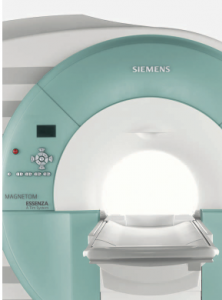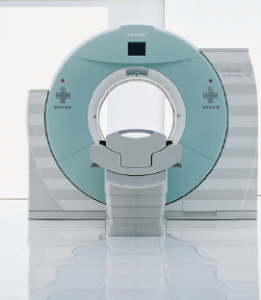Diagnostic & Interventional Radiology
Overview
The Department of Diagnostic Imaging at Mount Lebanon Hospital is committed to providing outstanding patient care by combining excellence in clinical imaging, uptodate radiologists with state-of-the art technology
More than 35000 radiological exams are performed yearly, taking care of more than 18000 patients.
We provide the highest level of clinical care, supplying an outstanding education for our residents, medical and graduate students and radiological technology students.
Mount Lebanon’s department of diagnostic imaging has many technologies available for making the diagnosis. From standard radiology to recent advanced techniques.
A universal overtable fluoroscopy system with dose-saving spotfilm unit and high detail resolution for digital acquisition technique is used for conventional radiology.
Magnetic Resonance Imaging (MRI)
A high-field 1.5 Tesla machine with a wide bore (70cm) especially manufactured for claustrophobic patients.

CT Scanner
The departement is equipped with two machines:The first scanner is 20-slices spiral CT Scanner dedicated for vascular studies, whereas the second is for routine studies.

Ultrasound with Doppler
The department is equipped with two machines: The first machine is dedicated for routine and Doppler studies, the second machine is for breast and obstetrics (4D)
3D Mammography
- Stereotatic breast biopsy
- Breast tomosynthesis
- Echography with elastography
Vascular / Interventional Radiology
Interventional radiology is a sub-specialty of Diagnostic Radiology that has evolved over the past 25 years to become an integral part of comprehensive patient care, providing alternatives to surgery for a broad range of health problems.
State-of-the art imaging techniques including fluoroscopy, ultrasound, computed tomography (CT scans) and magnetic resonance imaging (MRI) are utilized to guide the placement of needles, catheters and devices directly to target sites deep within the body through a small skin incision. These procedures are often performed under local anesthesia with intravenous (IV) sedation and typically do not require general anesthesia.
Team
-
Nazih Gharios M.D.Director Medical Auxillary Services
-
Marwan Haddad M.D.Head of Department
-
Jean Abi Ghosn M.D.Radiologist
-
Jinane Slaba M.D.Radiologist
-
Maya Sammour M.D.Radiologist
-
Charbel Fares M.D.Radiologist
-
Ms. Gladys Farah TannousRadiology Manager
-
Ms. Gaby Abou Khalifeh SmehaChief Technician






